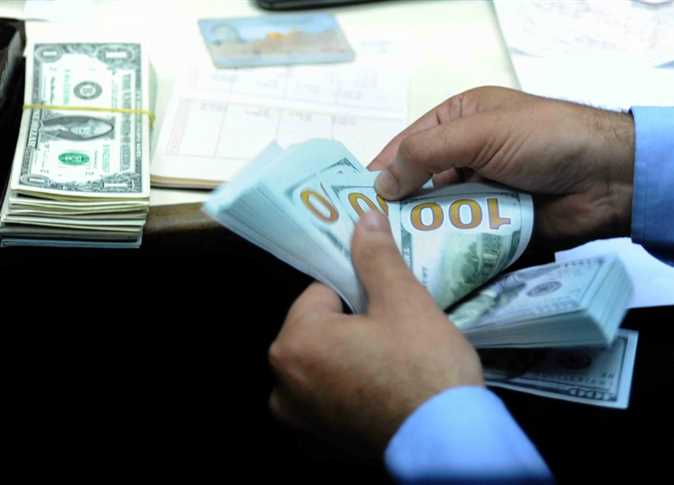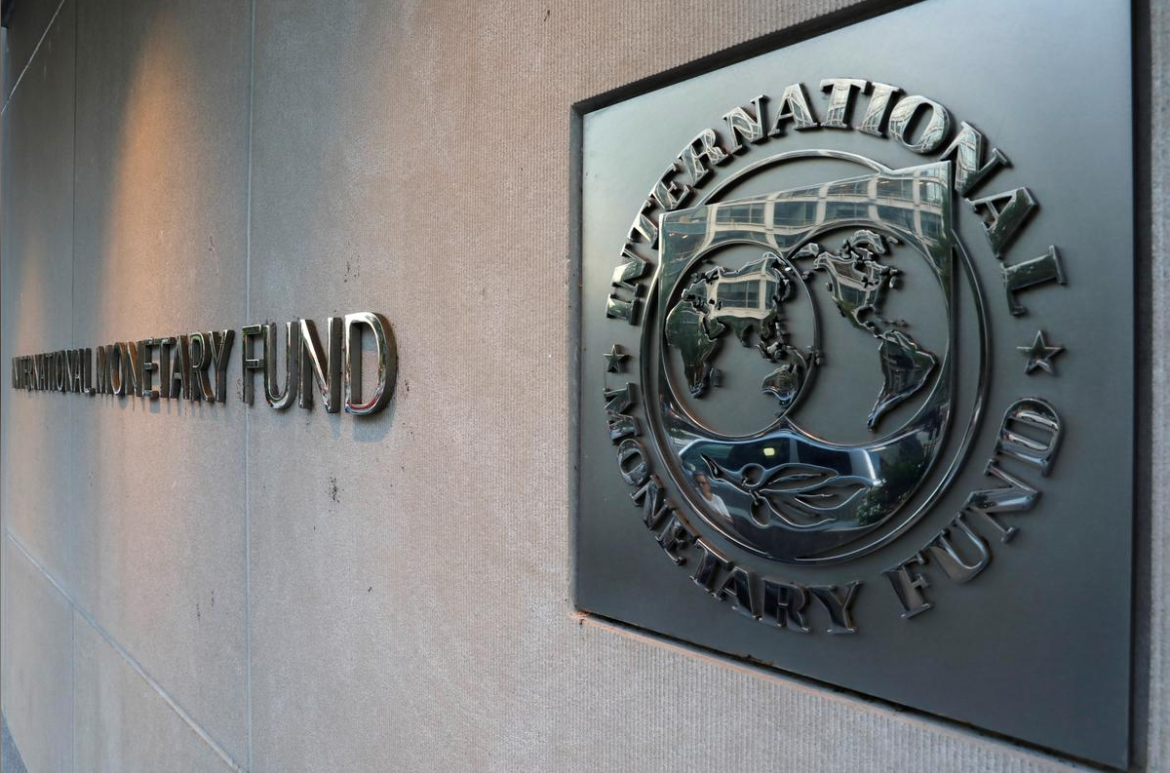
During a press conference on Wednesday at the Cabinet headquarters to announce the Cabinet’s economic performance, Minister of Finance Mohamed Maait expressed his pride at the Egyptian government’s economic performance despite difficult conditions.
“We have stopped collapse and disease; recovery is on the way,” he said.
Maait added that gas, electricity and other goods are readily available even if their prices were impacted by the reform measures.
Among the achievements he listed were increased security and the ability of the state to address Hepatitis C, provide health insurance, educational reform and road services.
Egypt will be a different country two years from now, thanks to the debt being reduced from 90.5 percent to 84 percent, alongside channeling funds to create more jobs and improve living conditions rather than directing them to pay the debt.
The government is also more confident than ever following a report by the Economist magazine that placed Egypt in third place economically after China and India, with expectations that Egypt will become one of the top nine economies in the world by 2030.
According to Maait, a trillion and 111 billion pounds would be the budget of pensions within five years, with plans to reach 45 trillion pounds within 50 years.
Prime Minister Mostafa Madbouly meanwhile said that the financial targets submitted to the Parliament for the year 2018/2019 have been achieved for the first time in decades.
At the beginning of the fiscal year, the Cabinet targeted an initial surplus of two percent equal to LE 104 billion.
The target was a total deficit at 8.4 percent, and the ratio reached by the Cabinet was 8.2 percent. The ratio of public debt to GDP in 2011 was 108 percent, while the achieved target was 92 percent during last fiscal year, according to Madbouly.
Last year’s growth rate was 5.6 percent, he said, which put Egypt on the list of the best countries achieving growth rates. Inflation was 8.9 percent and unemployment in the last quarter was 8.1 percent.
The unemployment rate was down to nine percent, he said.
Madbouly also added that on July 24, the IMF will discuss disbursing the last tranche of Egypt’s US$2 billion loan.
According to Madbouly, there is also a decline in the price of the US dollar against the Egyptian pound due to an increase in foreign reserves, thanks to the return of foreign investors to the Egyptian market.
Despite the high prices of wheat globally, the Egyptian government has maintained the price of bread, and provided LPG, he added.
This year’s budget includes LE160.5 billion that will be reimbursed for insurance and pensions, at an annual increase of 5.7 percent.
He pointed out that government investments in the new fiscal year amount to LE140 billion, compared to LE100 billion last year.
The government targets reduced public debt in the budget target to less than 84 percent to be closer to the safe borrowing limits, he said.
Egypt has adopted many reform programs, especially in the industrial sector. LE4 billion was allocated to industry last year, while in the new fiscal year the figure rose to LE6 billion, he added.
For industrial land, the cabinet developed a pricing plan that would be presented to the Egyptian president as well as an industrial investment map. The map would be made available online to any investor worldwide, to choose any piece of land for a project in accordance to a set of operating conditions.
Edited translation from Al-Masry Al-Youm



